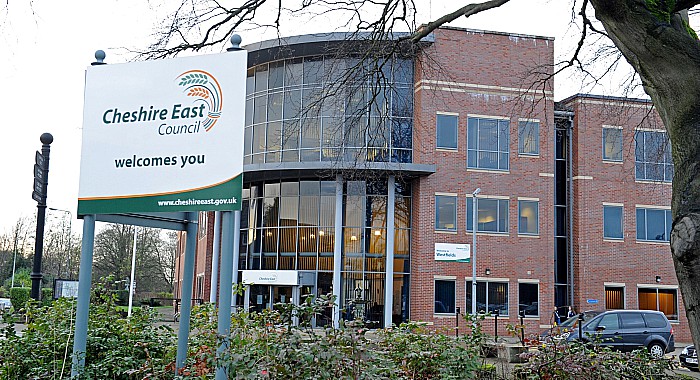
No schools in Cheshire East are affected by the current RAAC concrete fears across the UK, officials have confirmed.
Cheshire East Council says it has carried out checks on its maintained schools and said there is no evidence they contain the concrete type which has led to fears of buildings suddenly collapsing.
The council says it is also working with all academy schools in the borough to review their buildings.
The government has ordered more than 100 schools across the country to close some buildings after they were found to contain reinforced autoclaved aerated concrete (RAAC), a type of concrete which is prone to collapse.
It is feared pupils in some parts of the country may not be able to return to their schools next week when the new term starts.
Cllr Craig Browne, deputy leader of Cheshire East Council, moved to reassure parents and pupils that no schools in the borough are affected.
In a social media post, he said: “Cheshire East Council was approached some months ago and asked to identify whether we had any schools that had Reinforced Autoclaved Aerated Concrete (RAAC).
“Our Estates Dept did not identify any schools within the borough.
“We are assuming that the DfE is using this data which was sought from all councils earlier in the year.
“As of this moment, we have received no contact from the DfE to suggest that there are any schools within Cheshire East that are believed to be affected, or which will be subject to closure as a result. Hope this helps to provide reassurance.”
And a spokesperson for Cheshire East Council told the Local Democracy Reporting Service: “We have undertaken a detailed review of all our maintained schools, which involved more than 40 specialist site visits, and found no evidence of reinforced autoclaved aerated concrete (RAAC).
“We have also supported all our academy schools to review their buildings and they are working directly with the Department for Education to provide this information.”
RAAC is a lightweight, ‘bubbly’ form of concrete that is usually found in roofs and occasionally in walls and floors.
It has been found to have a life expectancy of little more than 30 years.
It means public buildings containing RAAC constructed between the 1950s and 1990s and have not been checked by structural engineers, could be at risk of collapse.
Leighton Hospital, built in the 1970s, was revealed a couple of years ago to have 34,000 RAAC planks.
Stabilising and remedial works to wards and departments costing more than £55 million have already been carried out with a further £29 million allocated for 2023-24.
Earlier this year it was announced Leighton has been included in the government’s New Hospital Programme and the existing hospital will be replaced with a state-of-the-art building.


















So how come Sandbach School has today been listed by the Government as one of the affected schools. Do Cheshire East have any idea of anything under their jurisdiction?